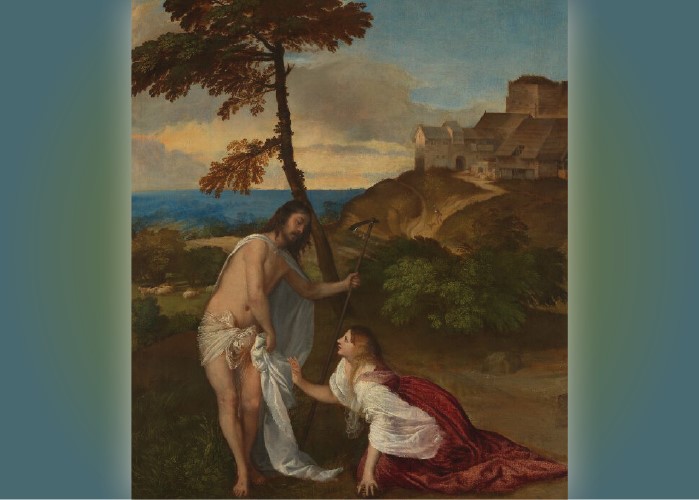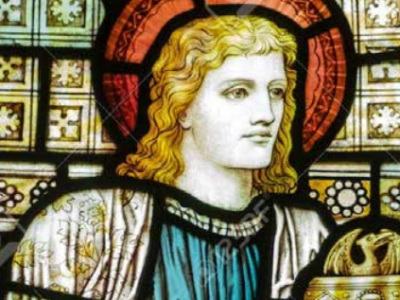Saint Barnabas
Barnabas comes as close as anyone outside the twelve apostles to being considered an apostle. He is memorialized, in part, for his amazing evangelizing ministry. He was a Jew from Cyprus named Joseph but the apostles affectionately nicknamed him “Barnabas,” which means “son of encouragement.” When he became a follower of Jesus he sold some of his property and donated the proceeds to the apostles (Acts 4:36-37).
Most of what we know about Barnabas is found in the Acts of the Apostles. He befriends Saul (Paul), brings him to the apostles and a very suspicious Jewish community in Jerusalem, and describes for them how on the road Paul had seen the Lord and how in Damascus he had spoken boldly in the name of Jesus (Acts 9:27).
When a Christian community begins to form in Antioch, Syria, Barnabas is sent as the official emissary of the church of Jerusalem to catechize its members. Barnabas and Paul taught there for a year, after which they took collections back to Jerusalem. Later Barnabas and Paul, now seen as charismatic leaders, are sent by the Antioch community to preach to the Gentiles where they enjoyed such enormous success that the people even wanted to offer sacrifice to them as gods.
Barnabas and Paul would attend the assembly in Jerusalem that settled the question of circumcision for Gentile converts (Acts 15; Gal. 2:1-10). Barnabas supported the Gentile Christians who did not see why they should have to be circumcised and observe Jewish dietary laws. The council decided in their favor. When Paul stood up to Peter for not eating with Gentiles for fear of his Jewish friends, he wrote that “even Barnabas was carried away by their hypocrisy” (see Galatians 2:1-13). And even after disagreements caused Paul and Barnabas to part ways for a time, Paul continued to use Barnabas as an example of apostolic behavior (1 Cor. 9:6).
Barnabas is the patron saint of Cyprus. It was there that he established its first Christian community. It was also there, in the Greco-Roman city of Salamis that, according to tradition, he was stoned to death around the year 60. His remains were taken to Constantinople, where a church was built in his honor.
Saint Barnabas is heralded as having a single-minded devotion to Jesus Christ. In Acts 11:24, it is written that he was a man “filled with the Holy Spirit and faith” whose ministry insured that “large numbers were added to the Lord.”



